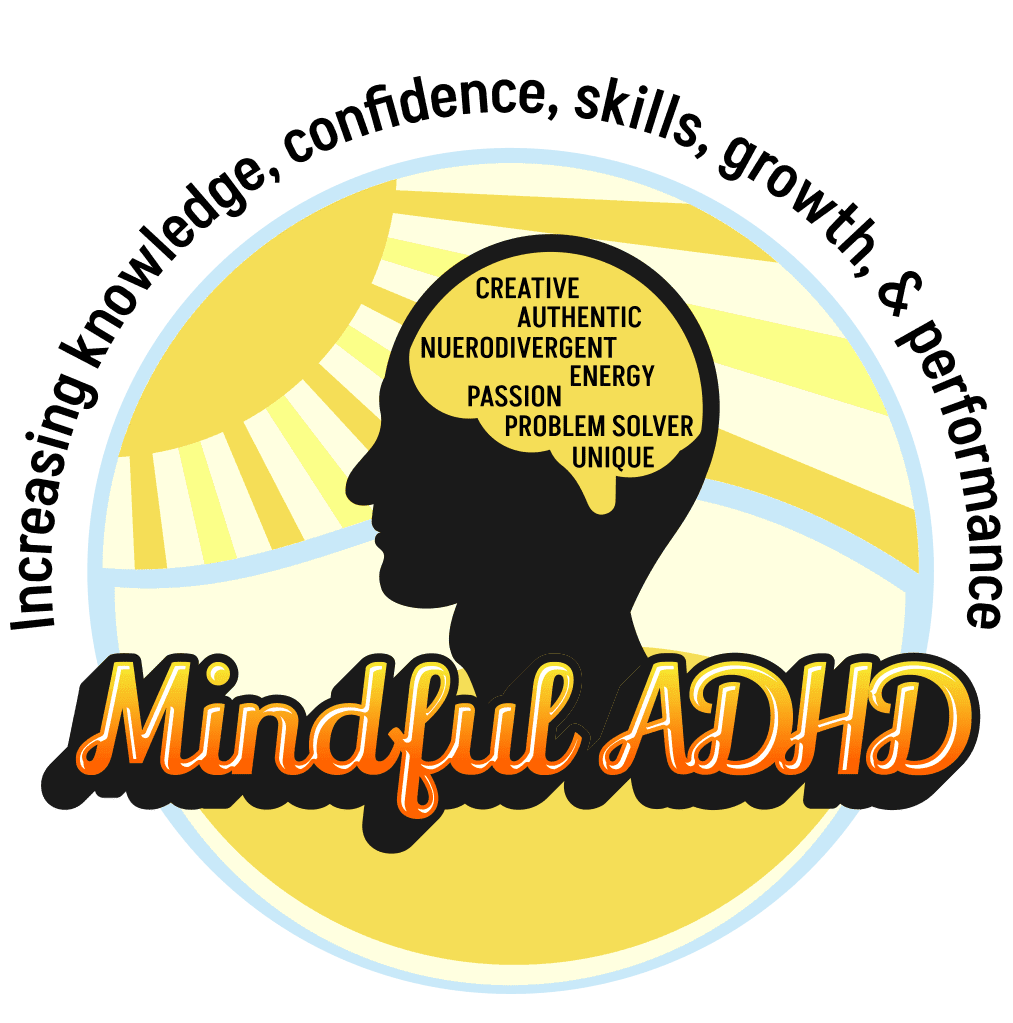Understanding Metacognition: Shedding Light on Late Diagnoses of ADHD

Guest article by James Douglas Jr.
In the realm of psychology, the concept of metacognition holds a pivotal role in understanding the intricacies of our cognitive processes. It refers to our ability to reflect upon, monitor, and regulate our own thinking. Metacognition isn't just about knowing what we know; it's about understanding how we know it. However, for individuals with Attention Deficit Hyperactivity Disorder (ADHD), this cognitive self-awareness can be elusive, leading to late diagnoses and often misunderstood struggles.
I like to dive deeper into this fascinating yet often overlooked aspect of ADHD. Shedding light on the challenges faced by those who navigate life without fully understanding their own cognitive processes. For many, the diagnosis of ADHD comes later in life, sometimes not until adulthood. This delayed diagnosis can have profound effects on one's academic, professional, and personal life.
Your brain is wired differently.
Imagine growing up feeling like you're constantly swimming against the tide, struggling to focus, organize thoughts, and complete tasks. You may be labeled as lazy, forgetful, or disinterested, when in reality, your brain is wired differently. It's not a lack of effort; it's a difference in how your mind works.
The importance of recognizing the role of metacognition in ADHD is profound. Understanding that individuals with ADHD may struggle not only with attention and hyperactivity but also with self-awareness and executive function is crucial for accurate diagnosis and effective intervention.
Late diagnoses of ADHD can be both a blessing and a curse. On one hand, finally having a name for the struggles you've faced can be validating. It offers a sense of relief and opens doors to appropriate support and treatment. On the other hand, years of coping mechanisms built on misunderstanding can be difficult to unravel.
Fostering awareness and empathy.
I like to encourage a shift in perspective. Instead of viewing ADHD solely through the lens of attention deficits and hyperactivity, we must also consider the complex interplay of metacognitive processes. By recognizing and addressing these cognitive challenges, we can better support individuals with ADHD in reaching their full potential.
Metacognition serves as a critical lens through which we can better understand the late diagnoses of ADHD. Insights remind us of the multifaceted nature of ADHD and the importance of comprehensive assessment and intervention. By fostering awareness and empathy, we can create a more inclusive and supportive environment for individuals with ADHD to thrive.
Thank you Dave Delany for letting me contribute my thoughts around Metacognition for ADHD Wise Squirrels.
Get in Touch
Get In Touch
At Mindful ADHD, I'm dedicated to providing personalized coaching services to help you manage your ADHD and achieve your goals. If you're interested in learning more about my coaching packages or scheduling a Discovery Call, please fill out my contact form. I'll get back to you as soon as possible to answer any questions you may have and schedule a call to discuss your needs and goals.
